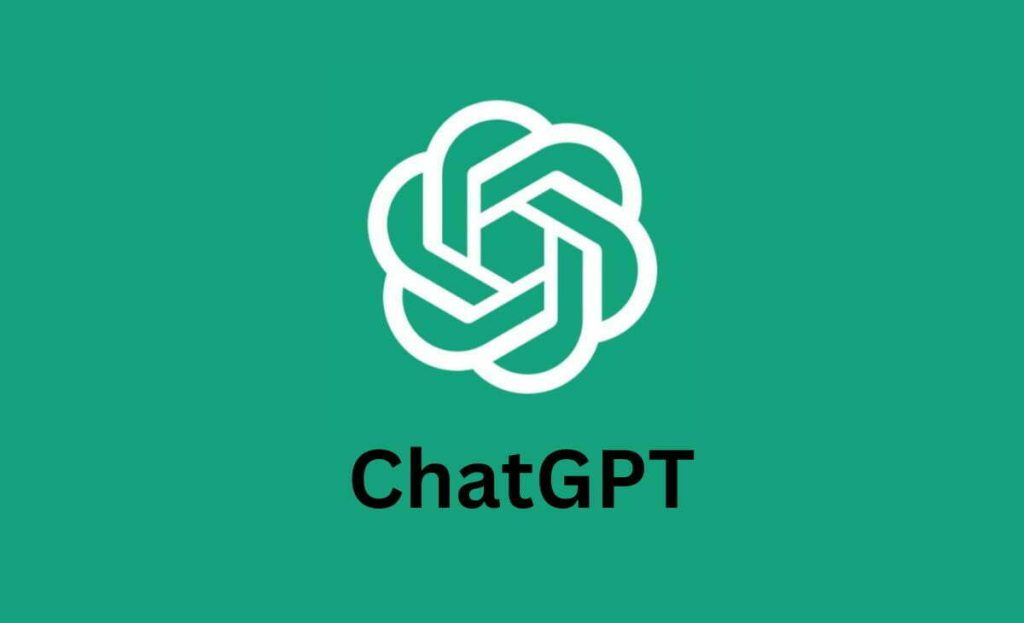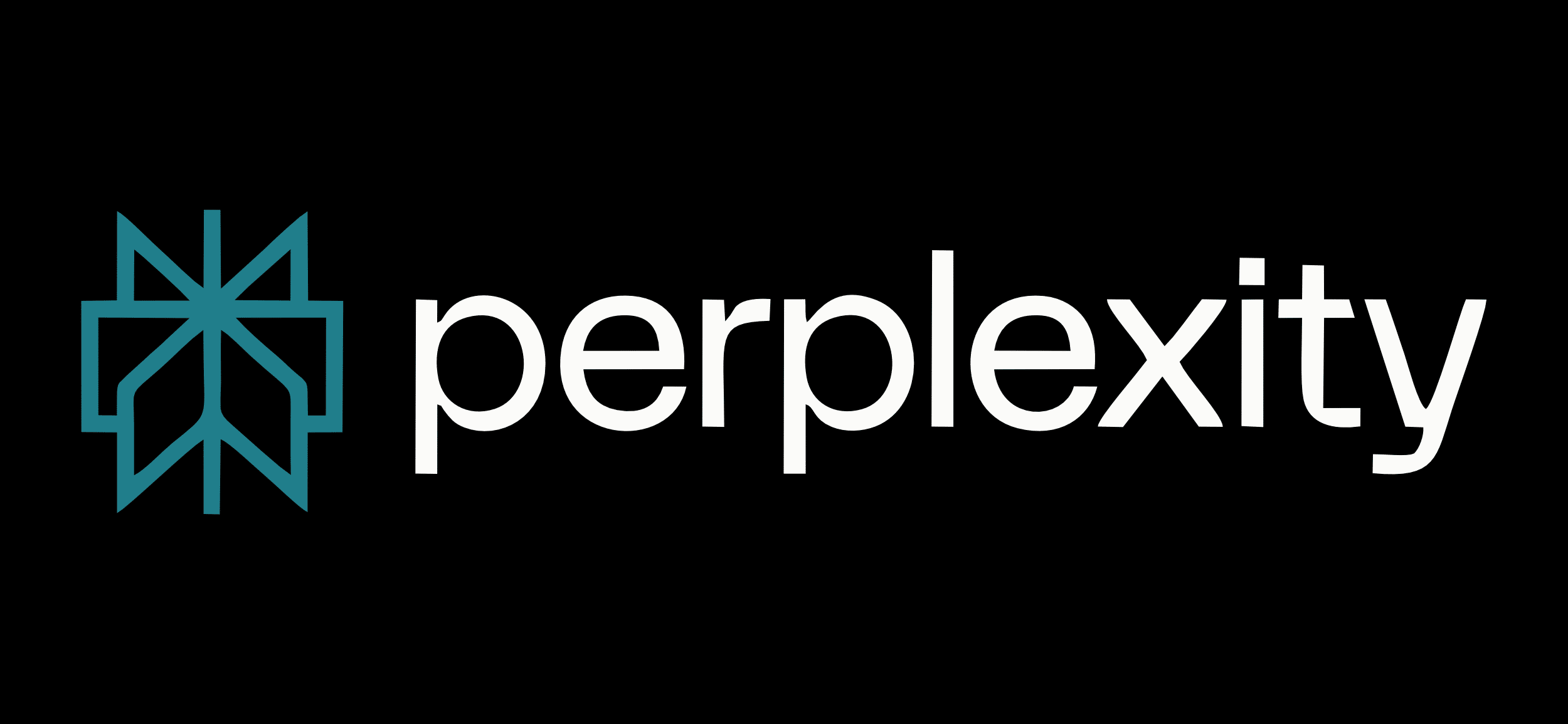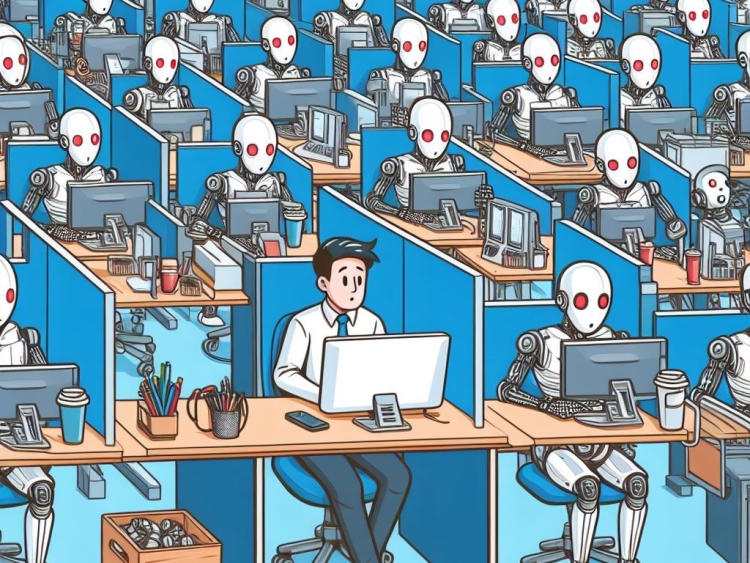Spotify is facing criticism after AI-generated songs were uploaded to the pages of deceased artists without consent from estates or rights holders.
The latest case involves country singer-songwriter Blaze Foley, who died in 1989. A track titled ‘Together’ was posted to his official Spotify page over the weekend. The song sounded vaguely like a slow country ballad and was paired with AI-generated cover art showing a man who bore no resemblance to Foley.
Craig McDonald, whose label manages Foley’s catalogue, confirmed the track had nothing to do with the artist and described it as inauthentic and harmful. ‘I can clearly tell you that this song is not Blaze, not anywhere near Blaze’s style, at all,’ McDonald told 404 Media. ‘It has the authenticity of an algorithm.’
He criticised Spotify for failing to prevent such uploads and said the company had a duty to stop AI-generated music from appearing under real artists’ names.
‘It’s kind of surprising that Spotify doesn’t have a security fix for this type of action,’ he said. ‘They could fix this problem if they had the will to do so.’ Spotify said it had flagged the track to distributor SoundOn and removed it for violating its deceptive content policy.
However, other similar uploads have already emerged. The same company, Syntax Error, was linked to another AI-generated song titled ‘Happened To You’, uploaded last week under the name of Grammy-winning artist Guy Clark, who died in 2016.
Both tracks have since been removed, but Spotify has not explained how Syntax Error was able to post them using the names and likenesses of late musicians. The controversy is the latest in a wave of AI music incidents slipping through streaming platforms’ content checks.
Earlier this year, an AI-generated band called The Velvet Sundown amassed over a million Spotify streams before disclosing that all their vocals and instrumentals were made by AI.
Another high-profile case involved a fake Drake and The Weeknd collaboration, ‘Heart on My Sleeve’, which gained viral traction before being taken down by Universal Music Group.
Rights groups and artists have repeatedly warned about AI-generated content misrepresenting performers and undermining creative authenticity. As AI tools become more accessible, streaming platforms face mounting pressure to improve detection and approval processes to prevent further misuse.
Would you like to learn more about AI, tech and digital diplomacy? If so, ask our Diplo chatbot!










